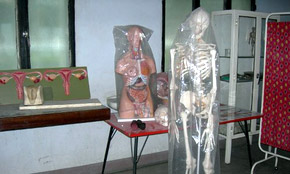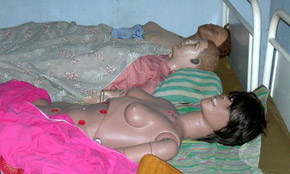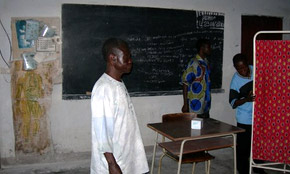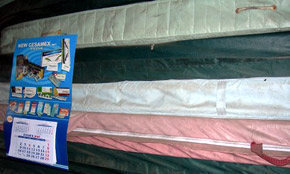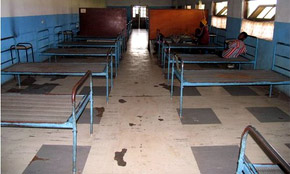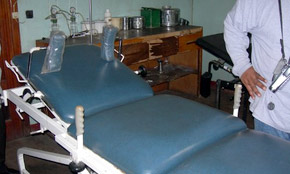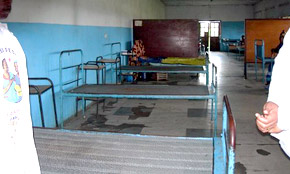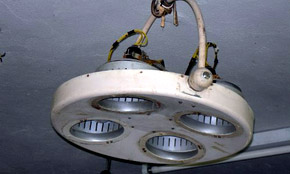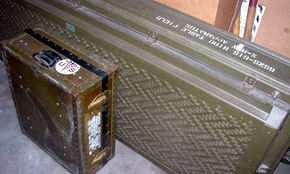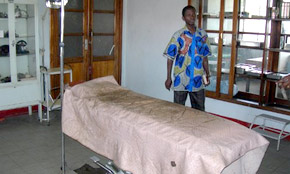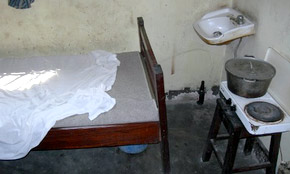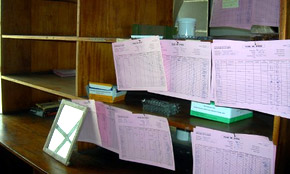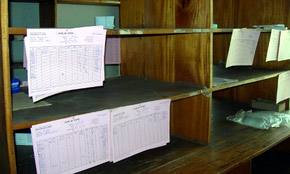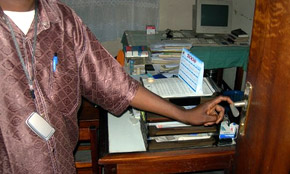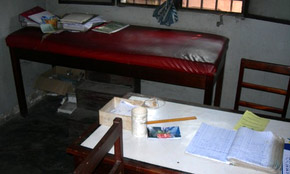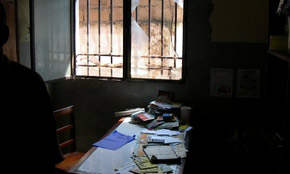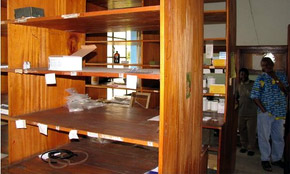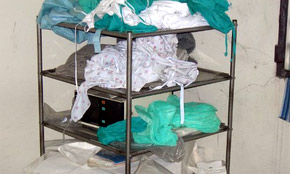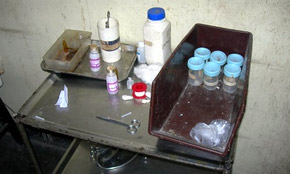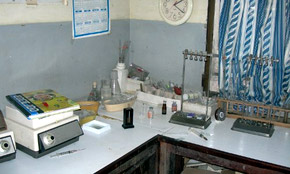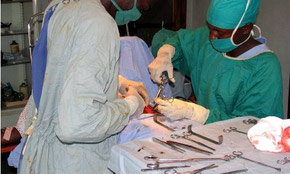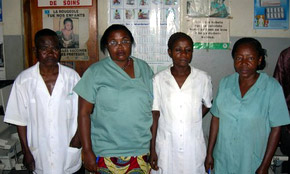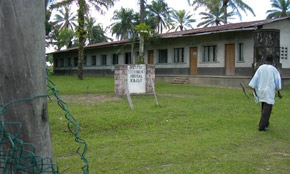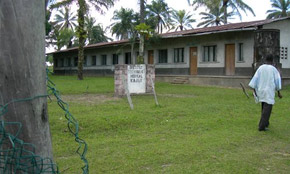
Health concerns are one of the most dire needs in the Democratic Republic of the Congo, and are a core emphasis of MMHHope.
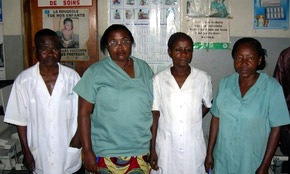
If you would like to partner with MMHHope to train doctors and nurses in the Congo, please visit our Come on and Join Us page.
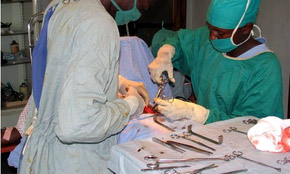
Despite the difficult circumstances, doctors are committed to doing the best they can with what they have.
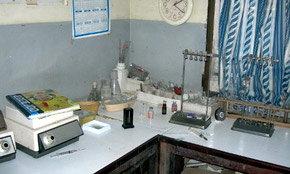
Because supplies of common medical items are so limited, doctors are often forced to re-use some things like hypodermic needles.
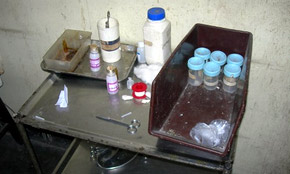
It is often difficult, if not impossible, for doctors and nurses to maintain adequate supplies of even basic medical needs, such as gauze and needles.
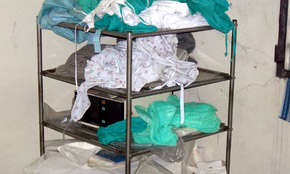
In addition to specific medical needs, most doctors and nurses are forced to work without adequate space or storage. Here you can see how surgical gowns have to be stored on open shelves.
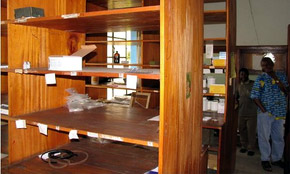
These are the bare shelves of the pharmacy. When available, proper medication is often expensive and difficult to find.
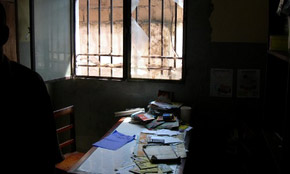
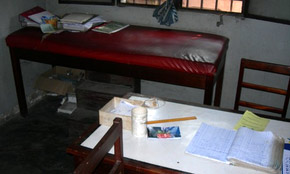
Like institutions anywhere, hospitals in the DRC face their share of administrative necessities.
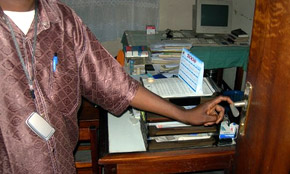
Tools for administrating the hospital are often as difficult to come by as the medical supplies. Administrators must make due with second- or third-generation technology.
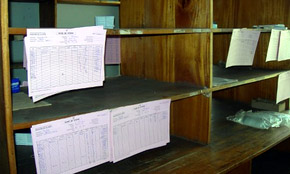
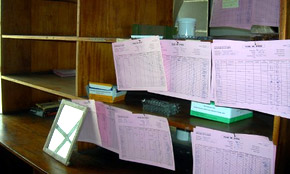
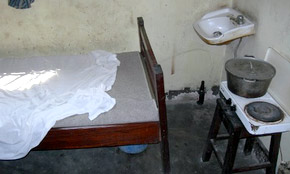
Conditions in patient recovery rooms face the same lack of supplies as the operating rooms and administrative offices.
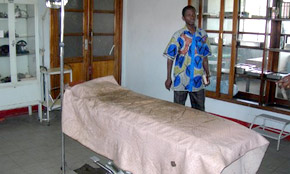
Linens and bedding must be washed and reused even long after they lose their usefulness to preserve sanitary conditions.
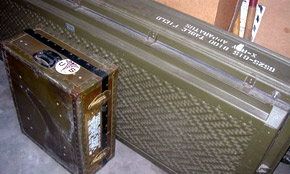
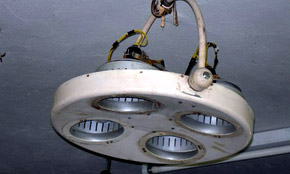
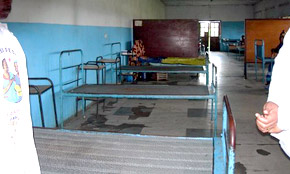
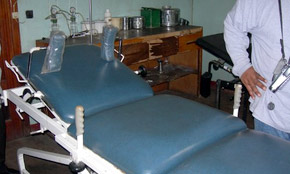
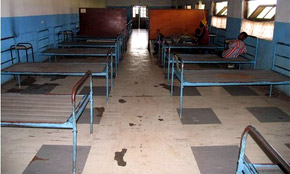
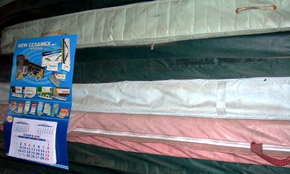
Currently, there are on average 9 hospital beds for every 10,00 people, and only 1 surgeon for every 10,000. (source: WHO)
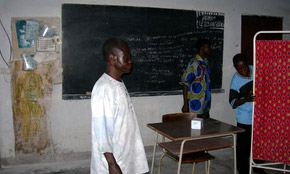
MMH Hope is commited to providing education and supplies for medical staff in the DRC.
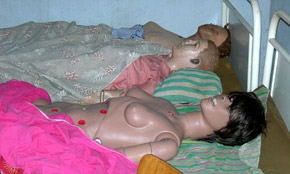
The school at Kajiji trains doctors and nurses.
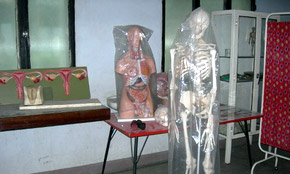
MMHHope partners with Kajiji Medical Institute by bringing supplies, funding, and external consultants.

